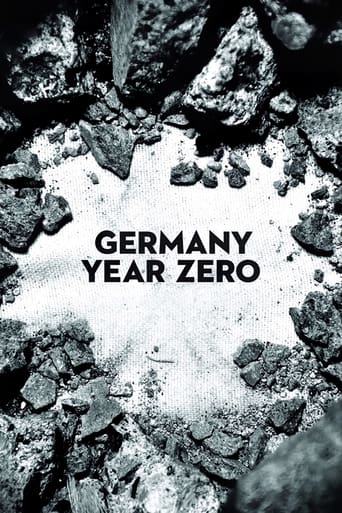
01 Dec 1948

Germany, Year Zero
In the ruins of post-WWII Berlin, a twelve-year-old boy is left to his own devices in order to help provide for his family.
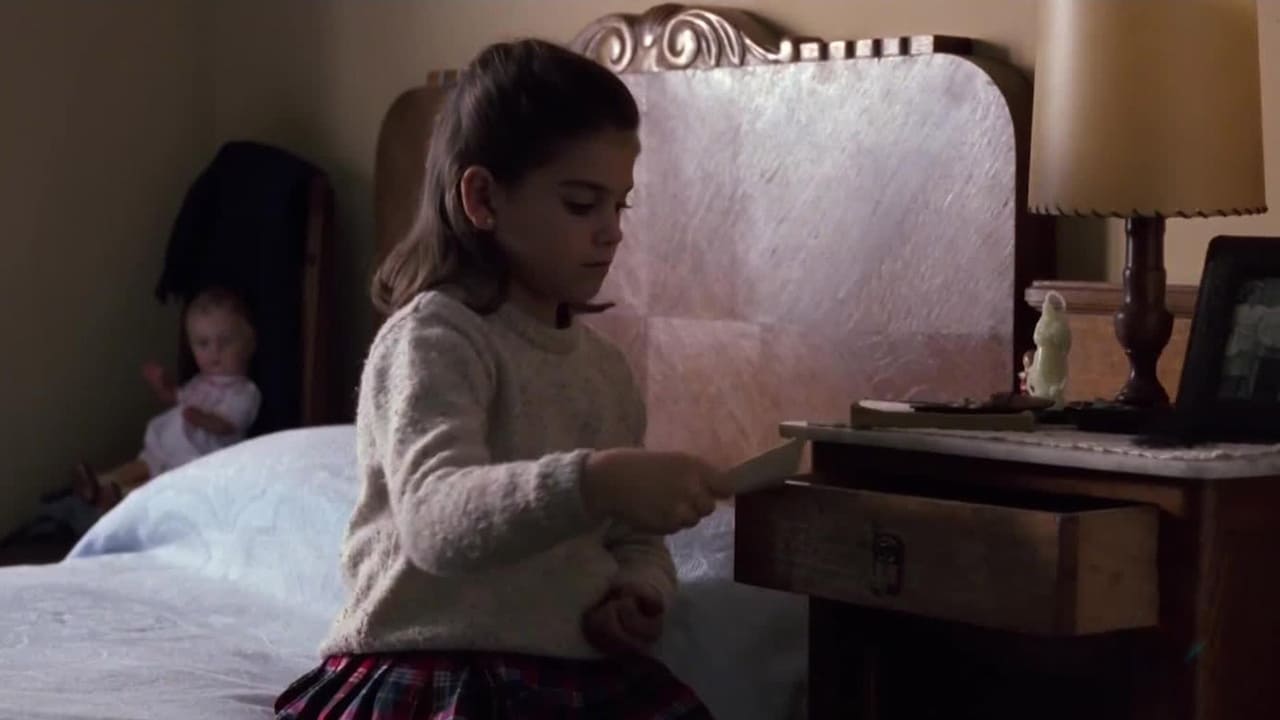
Itziar is eight years old and lives in two very different worlds. On the one hand, the world of her disappointed Basque nationalist parents and, on the other, the religious school, which gives the girl a repressive and retrograde education. However, there is another kind of world, much nicer to Itziar, formed by the street and her friends.
Child Itziar
Young Itziar
Mother
Father
Miren
Sofia
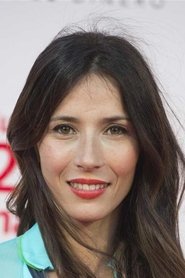
Maite
Nieves
Maria Pilar
Ana Mari
Old man

Seller

Servant
Priest

Doctor

Man at the hairdresser's

01 Dec 1948

In the ruins of post-WWII Berlin, a twelve-year-old boy is left to his own devices in order to help provide for his family.
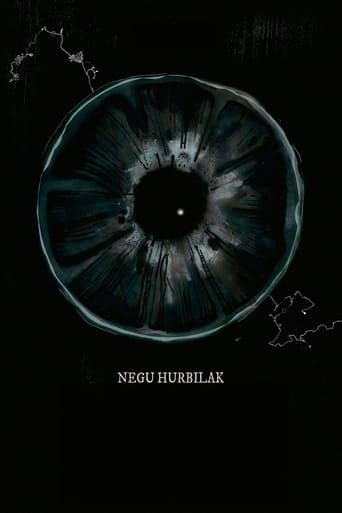
21 Dec 2023

Basque Country, Spain, 2011. A young woman who intends to flee to France due to the turbulent political situation stops in Zubieta, a border town where ancient myths and modern problems converge.
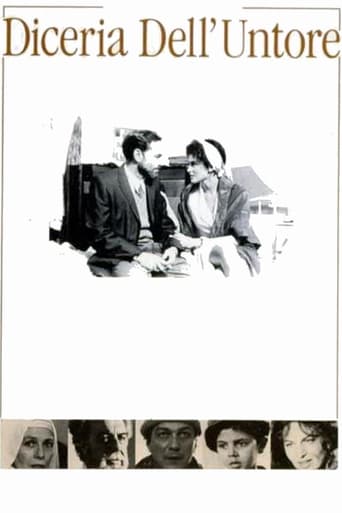
11 Oct 1990

Set in Italy in 1946 just after World War 2, the film explores the lives and emotions of a group of patients who are terminally ill and confined to an isolated sanatorium.

09 May 1952

Orphaned after a Nazi air raid, Paulette, a young Parisian girl, runs into Michel, an older peasant boy, and the two quickly become close. Together, they try to make sense of the chaotic and crumbling world around them, attempting to cope with death as they create a burial ground for Paulette's deceased pet dog. Eventually, however, Paulette's stay with Michel's family is threatened by the harsh realities of wartime.

03 Oct 1958

A young academy soldier, Maciek Chelmicki, is ordered to shoot the secretary of the KW PPR. A coincidence causes him to kill someone else. Meeting face to face with his victim, he gets a shock. He faces the necessity of repeating the assassination. He meets Krystyna, a girl working as a barmaid in the restaurant of the "Monopol" hotel. His affection for her makes him even more aware of the senselessness of killing at the end of the war. Loyalty to the oath he took, and thus the obligation to obey the order, tips the scales.
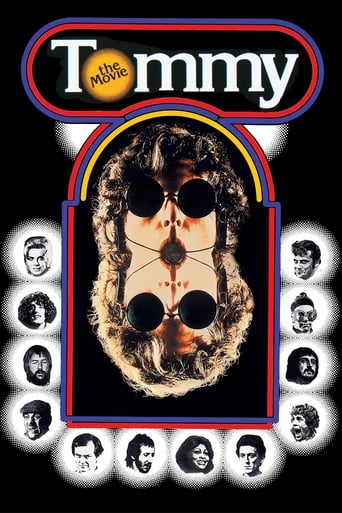
19 Mar 1975

After a series of traumatic childhood events, a psychosomatically deaf, dumb and blind boy becomes a master pinball player and the object of a religious cult.
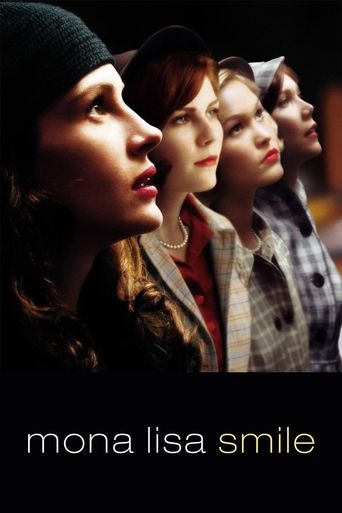
19 Dec 2003

Katherine Watson is a recent UCLA graduate hired to teach art history at the prestigious all-female Wellesley College, in 1953. Determined to confront the outdated mores of society and the institution that embraces them, Katherine inspires her traditional students, including Betty and Joan, to challenge the lives they are expected to lead.
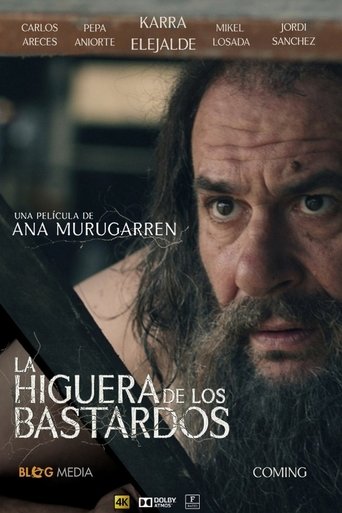
22 Nov 2017

A trigger-happy Nationalist fears retribution from the son of a man he executed. To mollify the boy's anger, he takes a drastic step: he keeps constant watch over the fig tree the boy has planted at his father's gravesite. As the years pass, the man's lonely vigil makes him a tourist attraction, much to the chagrin of his former colleagues.
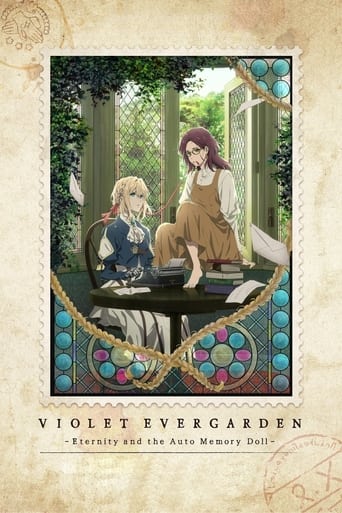
06 Sep 2019

Isabella, the daughter of the noble York family, is enrolled in an all-girls academy to be groomed into a dame worthy of nobility. However, she has given up on her future, seeing the prestigious school as nothing more than a prison from the outside world. Her family notices her struggling in her lessons and decides to hire Violet Evergarden to personally tutor her under the guise of a handmaiden. At first, Isabella treats Violet coldly. Violet seems to be able to do everything perfectly, leading Isabella to assume that she was born with a silver spoon. After some time, Isabella begins to realize that Violet has had her own struggles and starts to open up to her. Isabella soon reveals that she has lost contact with her beloved younger sister, whom she yearns to see again. Having experienced the power of words through her past clientele, Violet asks if Isabella wishes to write a letter to Taylor. Will Violet be able to help Isabella convey her feelings to her long-lost sister?

07 Apr 2005

What would your family reminiscences about dad sound like if he had been an early supporter of Hitler’s, a leader of the notorious SA and the Third Reich’s minister in charge of Slovakia, including its Final Solution? Executed as a war criminal in 1947, Hanns Ludin left behind a grieving widow and six young children, the youngest of whom became a filmmaker. It's a fascinating, maddening, sometimes even humorous look at what the director calls "a typical German story." (Film Forum)
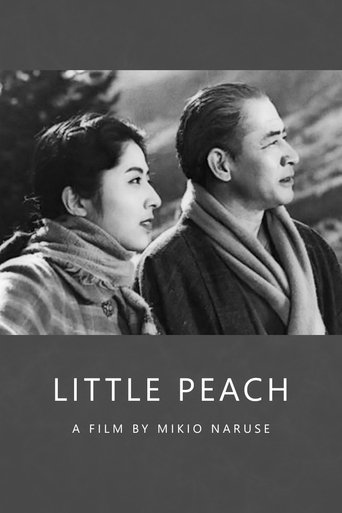
13 May 1958

Anzukko (Little Peach) is the daughter of a successful writer. She turns down each one of her suitors, until she marries a beginning writer named Ryokichi. Their life quickly sinks into despair.
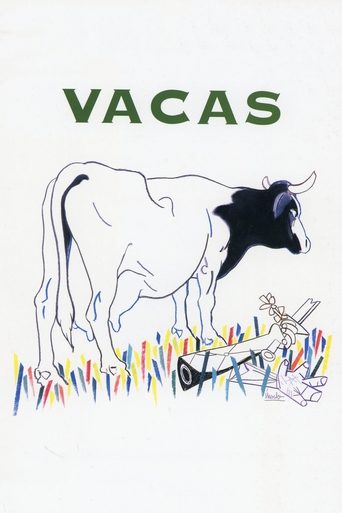
26 Feb 1992

A film set in the Basque region, beginning in the Carlist war of 1875 and ending during the Spanish Civil war of 1936. The film portrays how one single act of cowardice shapes the life of the next three generations of two families and fuels the intense rivalry which will span the next sixty-one years.
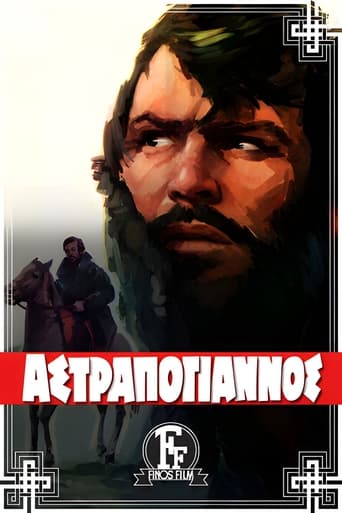
21 Sep 1970

The battle-scarred hero of the Greek Revolution, Giannos "Astrapogiannos", returns home after the end of the blood-soaked War of Independence, only to find himself in a new conflict, as he locks horns with a ruthless local Kodjabashis.

15 Dec 2006

An American journalist arrives in Berlin just after the end of World War Two. He becomes involved in a murder mystery surrounding a dead GI who washes up at a lakeside mansion during the Potsdam negotiations between the Allied powers. Soon his investigation connects with his search for his married pre-war German lover.
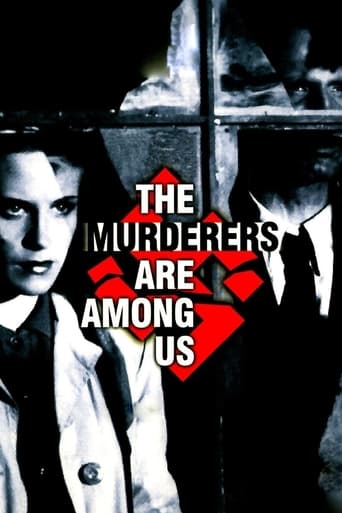
15 Oct 1946

After returning from a concentration camp, Susanne finds an ex-soldier living in her apartment. Together the two try to move past their experiences during WWII.
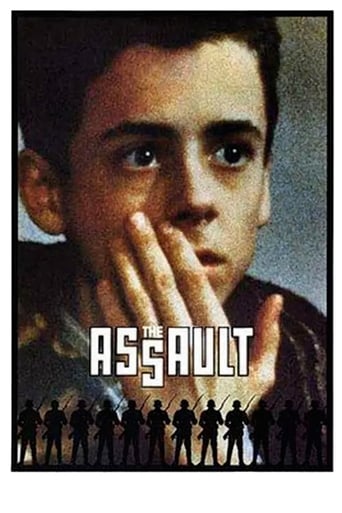
06 Feb 1986

At the end of WWII the Dutch resistance kills a German officer in front of the house of a Dutch family. Years after the war the young boy who witnessed the killing runs into the members of the resistance who committed the killing.
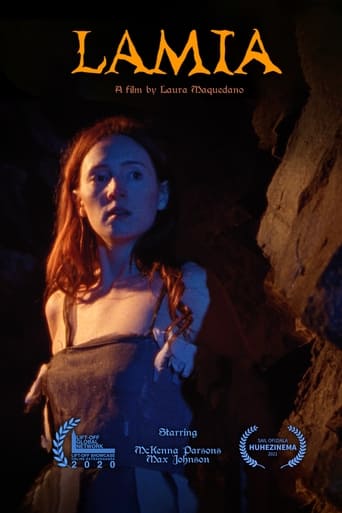
05 Oct 2020

A Basque mythological creature struggles to regain her power after a man steals her egg.
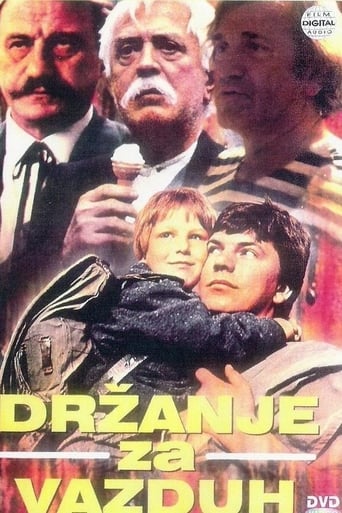
07 Jun 1985

The story of a war-orphan, who remembers first post-war days, his stay in Home for war-orphans, his teachers, friends, and mostly his "only brother".
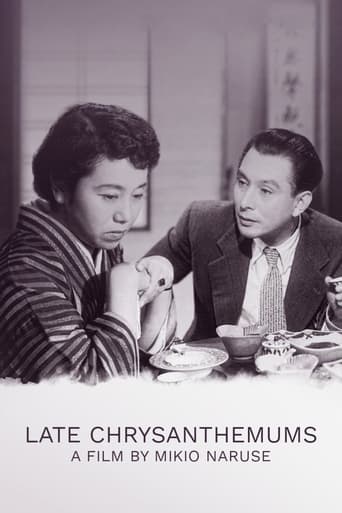
15 Jun 1954

With delicate, unobtrusive strokes, Naruse evokes both the humor and bitterness of his characters’ dilemmas, in this bleak, compelling poignant portrait of a quartet of aging geishas contemplating their troubles with men and money.
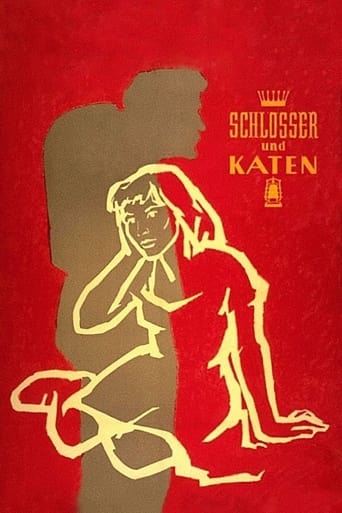
09 Feb 1957

Lifelong hard work for the count makes the servant Anton a cripple. Everybody calls him Crooked Anton. When, after the end of the war, the land of the count gets divided amongst the farmers, Anton receives a piece and hopes to be able to work freely. But an old debt and intrigue keep Anton and his family from finding peace. The farmers of the village begin to discover their own power when Annegret, Anton's daughter, leaves. Is a new beginning possible for Anton? This film paints an impressive panorama of the development of a minor village in Mecklenburg from the end of the war to the uprising of 17 June 1953.